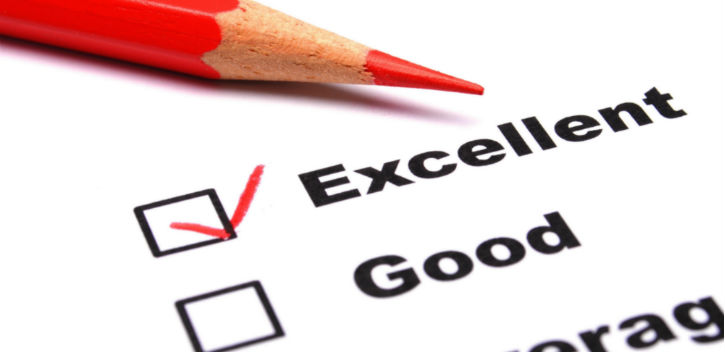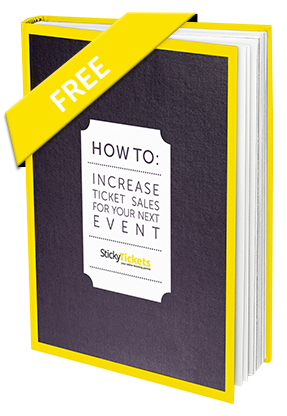Evaluating Your Event

Evaluating your event is vital in making you and your team more effective for your next event. Being evaluated is not about being negative, but finding out how you can make it better.
A questionnaire is also good to get feedback from attendees, however it only covers a small proportion of the information needed to evaluate the effectiveness of an event.
Aside from asking attendees, compare your outcomes with your initial goals. Consider if your input matched your output. Input would be factors such as the money, time and resources put into the event, whereas output would be how many attended, money made, the impact it had, and the effects it has had in the workplace.
You may also like to use peer reviews, asking others who produce similar events.
Always remember to compare your feedback to past events, to put the information into context.
Whereas questionnaires are good, it is important to get them right, and time them right. Sometimes lots of smaller questionnaires are better than one big one. For example, for sessions that go for a day or more, participants may forget suggestions that they had thought of making earlier on. If attendees have problems with communication for example in a course that runs over several days, it’s not much help to find that out at the end. In this case, quick evaluation sessions, both written and spoken, at the start of each day can be beneficial.
In a questionnaire, remember to combine multiple choice responses with open ended questions, and don’t make it much longer than a page.Open ended questions should be general as well as specific, and ask behavioral as well as attitude questions. An example of an attitude question is ‘How would you rate the quality of today’s presenter?’ whereas a behavioral question would be ‘If we were to hold another event such as this, how likely are you to attend?’
In addition to the questionnaire, perhaps you could contact attendees a month or two after the event, to see if changes have been made or results have improved as a result of your event. Good results can be great for marketing materials, and also could be good grounds to seek re-funding for grants.
It is vital to get a high response rate with your questionnaires, so follow these tips to ensure you do it right:
* Make your questionnaire easy to fill in- keep the questions short and relevant
* Allow enough time to fill it out- no one wants to fill out the questionnaire on the way out the door to their family at the end of the day…. placing them on the seats for them to fill out during down times is a good idea.
* Encourage Response- the presenter should encourage people to fill out the forms, but should not collect them.
* Avoid Barriers- provide pens and if they do not have a surface to write on, perhaps use a thicker paper to make it easier. Ensure it is simple to return the form, and make sure it stands out from other forms that have perhaps been given out during the day- consider making them a different colour.



